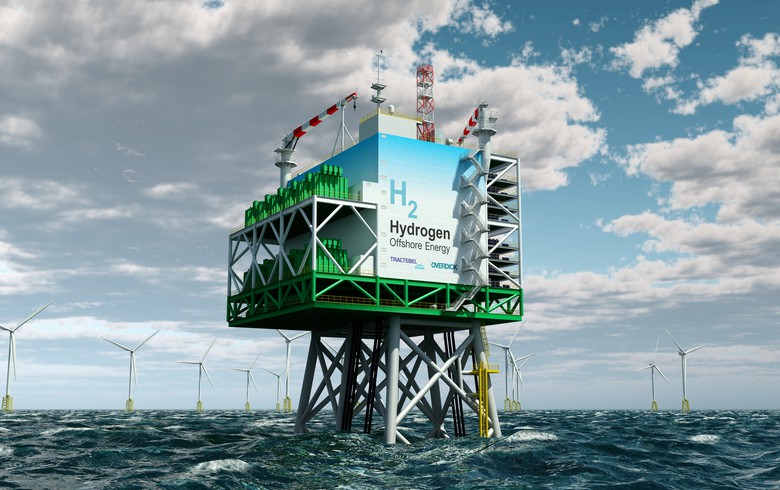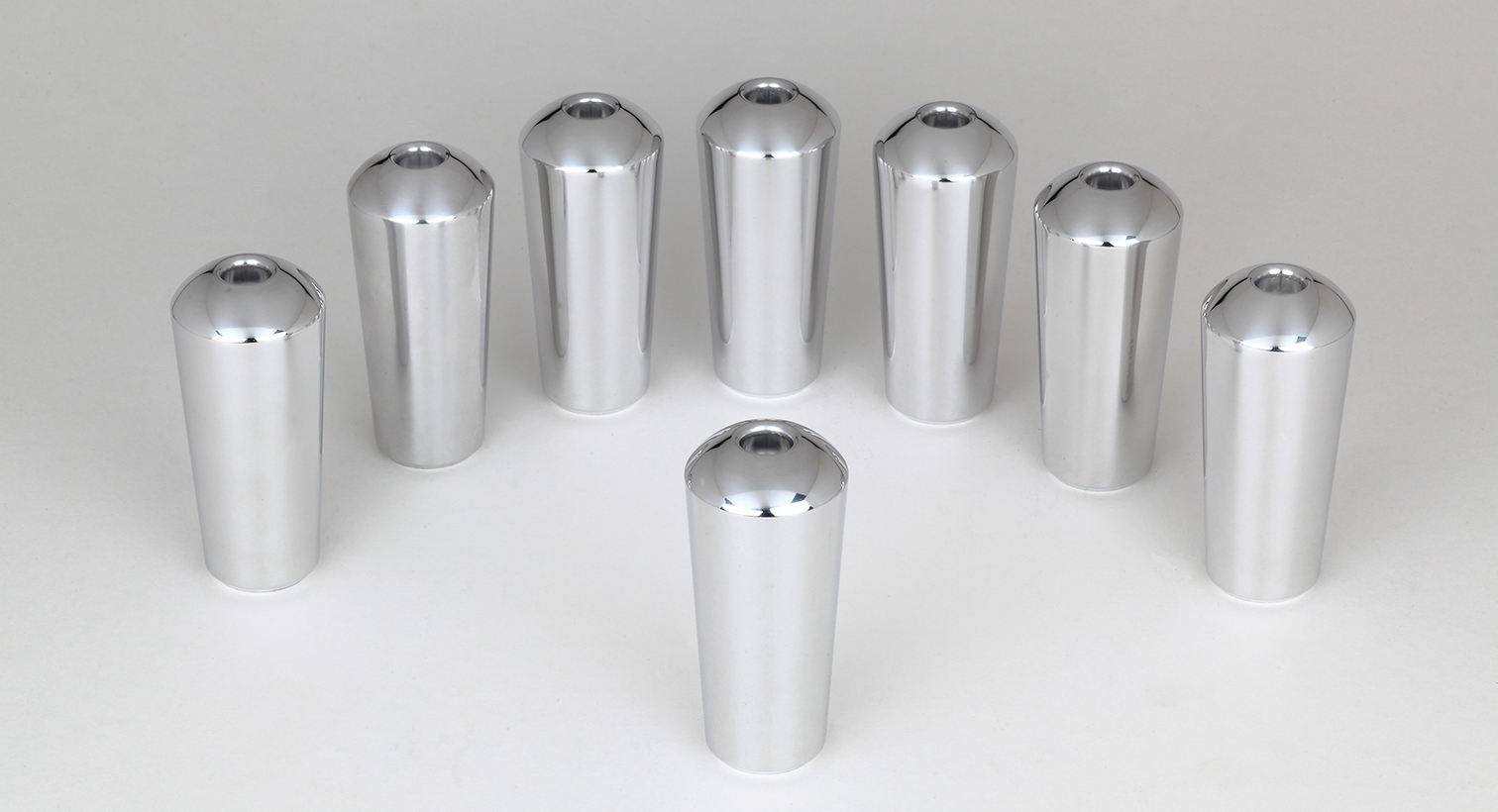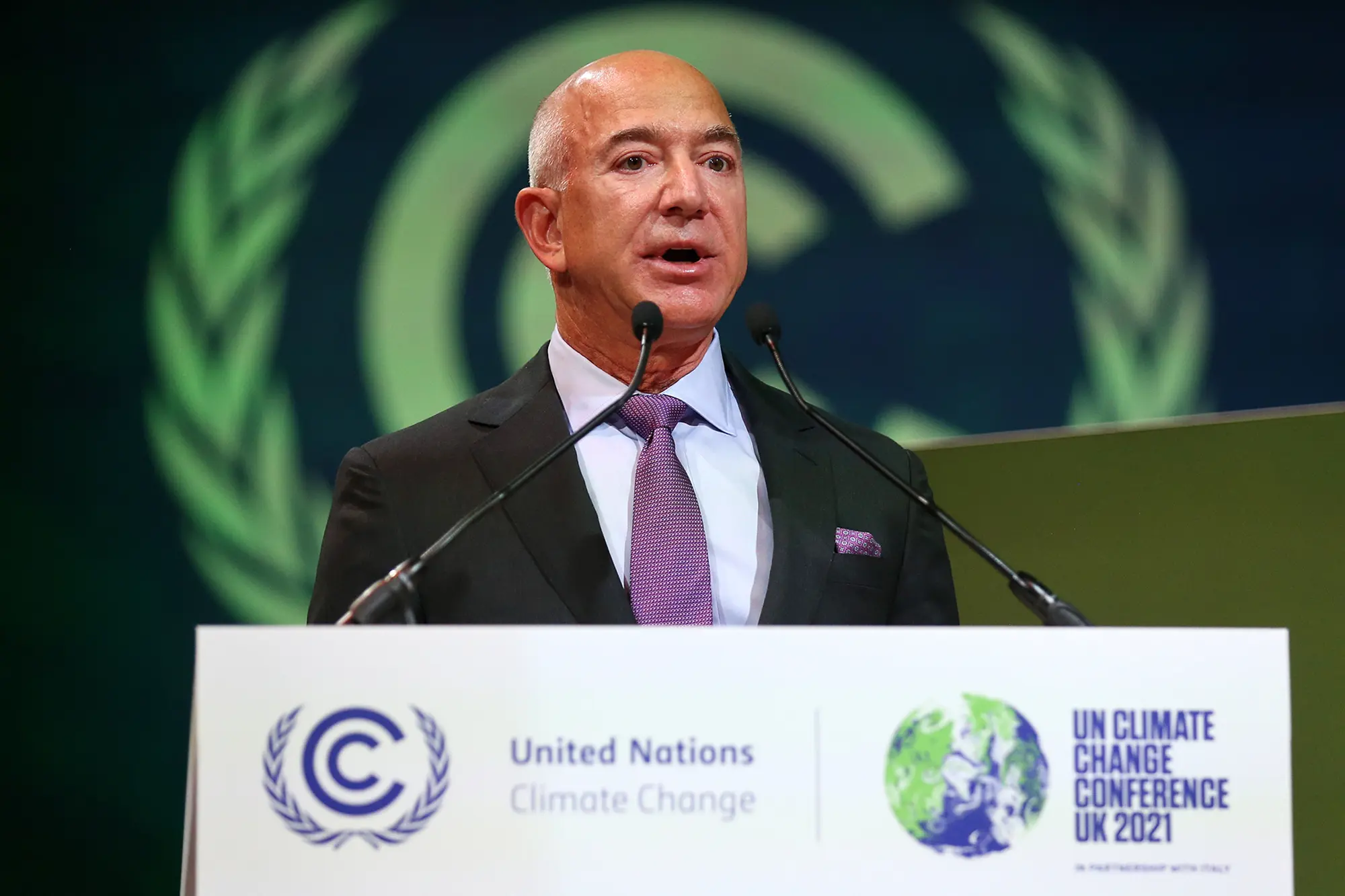Germany is planning to provide another 550 million euros for the establishment of new hydrogen funds at KfW. This was announced today by German Development Minister Svenja Schulze and Stefan Wenzel, Parliamentary State Secretary at the German Economic Affairs Ministry, at the 27th UN climate conference in Sharm el-Sheikh, Egypt.
Two special hydrogen funds are to be created in order to provide tailored support. The PtX Development Fund will foster hydrogen investment in developing and emerging economies, while the PtX Growth Fund will contribute to accelerating the global market and infrastructure development for green hydrogen across all countries.
Development Minister Svenja Schulze said: “It is not only climate change but also the current energy crisis that is showing us worldwide just how important it is to develop alternatives to coal, oil and gas. Green hydrogen is a key technology in this regard. Many developing countries have ideal conditions for green hydrogen production. But there is a risk that they might still be excluded from the value chains of the future, because support programmes currently mainly exist in wealthy countries.
The new green hydrogen economy will have to be characterised by greater justice than the old fossil economy. This means that the value chains of the future must benefit the developing countries, too. That is why the new PtX Development Fund is not just intended to foster the production of green hydrogen in developing countries but also its use on the ground.”
The effort will be based on two pillars. The Development Fund, under the responsibility of the Federal Ministry for Economic Cooperation and Development (BMZ), will be provided with 250 million euros.
The Growth Fund, under the responsibility of the Federal Ministry for Economic Affairs and Climate Action (BMWK), is to be provided with 300 million euros. The funds are to be set up before the end of this year in order to facilitate investment in the near future and significantly accelerate the development of the global hydrogen value chain.
They are intended to help reduce the funding gap for large-scale green hydrogen projects. They will provide grants for investments along the entire value chain – from green hydrogen production to processing all the way to storage and hydrogen and PtX product transport infrastructure.
The PtX products can be used locally in the partner countries or be exported for purposes such as fertiliser production from green ammonia, replacement of natural gas for carbon-free steel and metal production, and e-kerosene for aviation, shipping and heavy goods vehicles.





